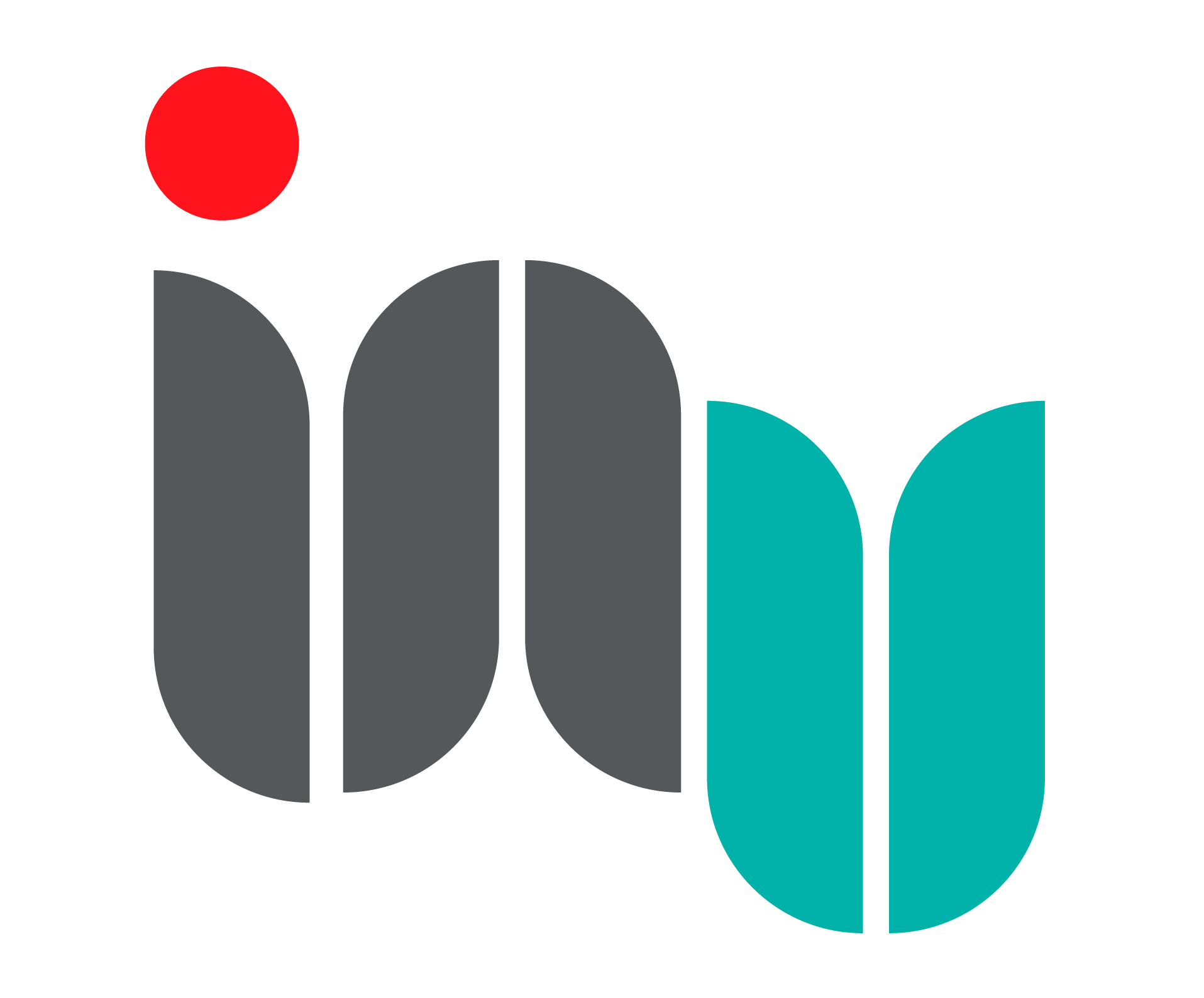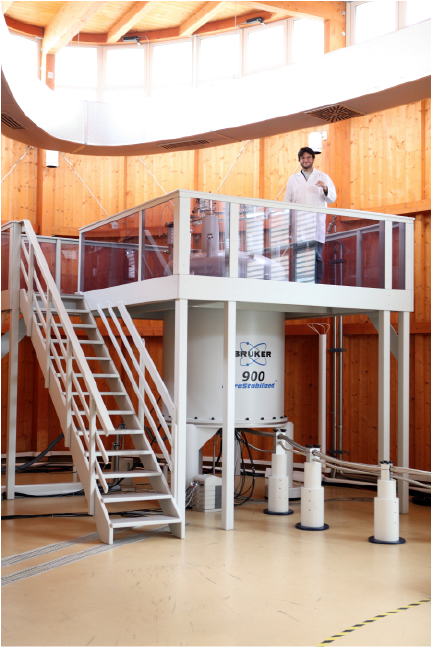

A call is open for users of new technologies being developed as part of the Instruct-ULTRA project. This is an exciting opportunity for users to develop their own research project using high-end technologies, gaining training and support from experts in the field. The successful applicants will be invited to attend a research visit to the host laboratory, with the user bringing their own sample for testing.
The purpose of this call is to test out the new technology and the user experience, helping the final stages of technology refinement.
Four different technologies will be available to choose from, each hosted at a different site across Europe:
Transient Gene Expression test for integral membrane proteins (TGE-IMP), Brunswick, Germany

The expression of suitable constructs for the production of Integral Membrane Proteins (IMP) is analyzed by Transient Plasmid-Based Gene Expression in High-Five insect cells in either small scale (40 ml) or high throughput (40 samples in 1-2 ml scale) (Bleckmann et al. PlosOne 2019). The potential DNA sequence for the IMP and its variants will be cloned into an optimized expression vector pOpIE2-C6-mCherry as an in-frame C-terminal fusion to mCherry. The cloned DNA is purified and transfected in High-Five cells in 40 ml shake flasks or in the Biolector automated microfermentation system (40 constructs 1-2 ml). The expression of the IMP fusion protein is monitored for 72 hours by measuring the fluorescence of mCherry. The best expression construct is selected and can be used for large scale up (Litre) production of transfected cells. The Biolector system allows for direct evaluation of the optimal time of harvest. The cell pellets will be isolated and can be send to the user for further analysis.
Bioreactor for time-resolved in-cell NMR, Florence, Italy
This innovative technology allows performing in-cell NMR experiments on human cells for prolonged periods of time. The bioreactor ensures cell viability and metabolic stability through a continuous flow of fresh nutrients and removal of toxic by-products. Time-resolved in-cell NMR experiments can be recorded for up to 72 hours and can be applied to monitor biological events in real time involving protein structural changes, such as folding, maturation, cofactor binding, protein-ligand and protein-protein interactions. Proteins will be expressed and observed in HEK293T cells.
In Cell NMR, Grenoble, France
Specific labelling of methyl groups for the study of large protein in eukaryotic cells using NMR. Expression of the target protein in Sf9 or HEK cells with a minimal yield of 20 mg/L of culture.
Endogenous protein tagging for integrative structural biology applications, Strasbourg, France
Molecular complexes of interacting proteins govern virtually all biological processes. In collaboration with the TacGene platform, Strasbourg proposes the generation of modified cell lines expressing an affinity tagged protein and large scale cultures to facilitate the isolation of associated protein complexes for proteomic or structural biology applications. Although endogenous protein tagging can be used to identity new protein complexes, projects which focus on characterised assemblies (the expression of the target protein in the chosen cell line should be documented and antibodies directed against several sub units of the complex are needed) will be favoured.
Molecular complexes of interacting proteins govern virtually all biological processes. In collaboration with the TacGene platform*, Strasbourg proposes the generation of modified cell lines expressing an affinity tagged protein and large scale cultures to facilitate the isolation of associated protein complexes for proteomic or structural biology applications. Although endogenous protein tagging can be used to identity new protein complexes, projects which focus on characterized assemblies (the expression of the target protein in the chosen cell line should be documented and antibodies directed against several subunits of the complex are needed) will be favoured. *The TacGene platform (see https://biophysique.mnhn.fr/site/TACGENE-en) hosted by U1154-UMR7196 offers access advanced solutions and expertise on the various issues of genome editing (knock-out, knock-in ...) currently available.
Applicants can be pre-doctoral scientists (PhD students), or postdoctoral researchers from an academic or industry setting.
To find out more and submit your proposal, click here.